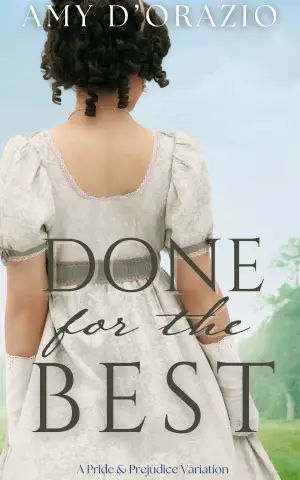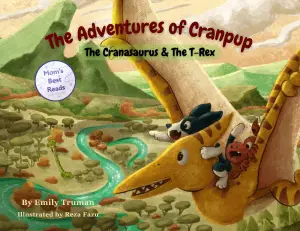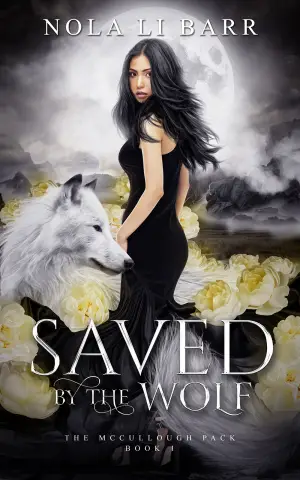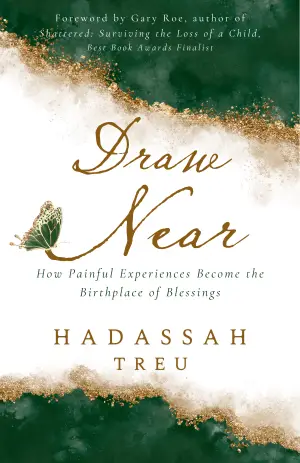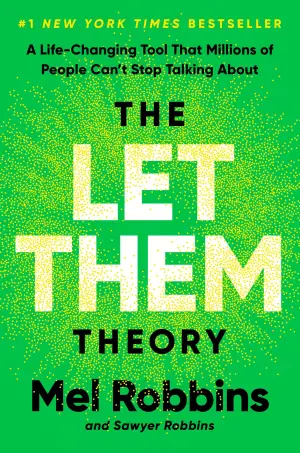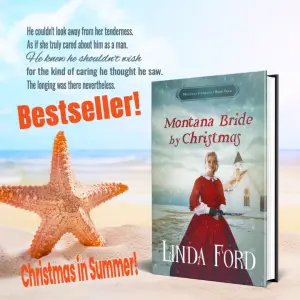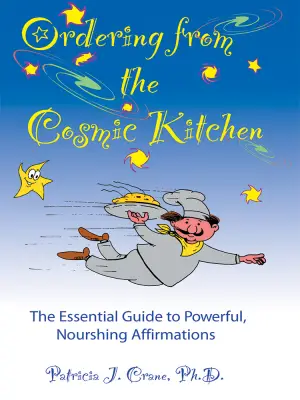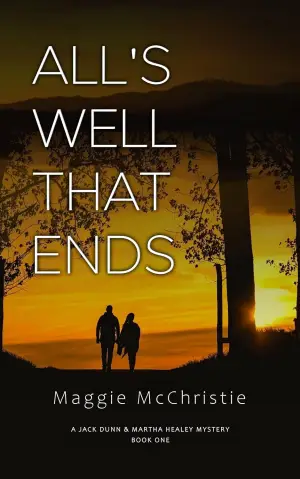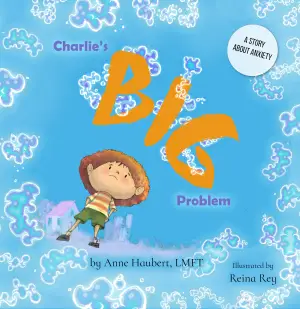Book Review: The Four Winds by Kristin Hannah
When I first picked up The Four Winds by Kristin Hannah, I felt an undeniable pull towards its promise of resilience and hope amidst despair. It was as though a quiet whisper had led me to this powerful narrative about the Dust Bowl and a woman’s fight against the unforgiving forces of nature and circumstance. Hannah, known for her deeply imbued storytelling, has once again drawn me into a world that feels both hauntingly familiar and distressingly relevant today.
Set against the backdrop of the Great Depression, The Four Winds introduces us to Elsa Wolcott, a woman navigating the challenges of life in a time when harsh realities overshadowed dreams. In her journey from a hopeful bride in 1921 to a determined mother and farmer desperately holding onto her land, Elsa becomes a mirror reflecting the struggles many faced, teaching us about both vulnerability and tenacity. The interplay between her internal battles and those imposed by the world around her creates a rich, complex character who reshapes her identity through adversity.
One of the standout themes in this novel is the strength of women, particularly during such a tumultuous period. With quotes like, “My land tells its story if you listen," Hannah effectively weaves a narrative that drives home the essence of connection—to people, place, and one’s own spirit. It’s a reminder that even in the harshest landscapes—both literal and metaphorical—hope can take root and flourish.
Hannah’s writing has an almost lyrical quality that pulled me into Elsa’s story with an intensity I hadn’t expected. The pacing felt both swift and meticulously crafted. While there were moments where the weight of despair felt heavy—and some found these parts slow—each passage was a testament to how critical those experiences were for the emotional weight they added to the narrative. I found myself holding my breath during those stormy nights, feeling the grit and dust through the vivid prose.
Readers’ testimonials echo my sentiments perfectly. One reviewer noted how Hannah’s “storytelling with off-the-chart passion” creates an immersive experience. I couldn’t agree more; there were passages that transported me into the very heart of the Dust Bowl, and I emerged with a renewed appreciation for the resilience of those who lived through it.
In the end, The Four Winds is more than a historical tale; it’s a journey of self-discovery for Elsa, filled with lessons that resonate beyond its pages. The emotional pull of her relationship with her children, particularly her daughter Loreda, serves as a poignant exploration of motherhood, love, and sacrifice.
This book is perfect for anyone who seeks stories that delve deeply into human experience—those who enjoy historical fiction laced with raw emotion will find a kindred spirit in Elsa. And for readers like me, who crave narratives that not only teach but touch the heart, this novel is truly a gift.
Reflecting on my journey through The Four Winds, I feel a sense of gratitude for the stories that remind us of our capacity to endure and thrive. If you pick up this book, prepare to be moved, challenged, and ultimately, inspired.

